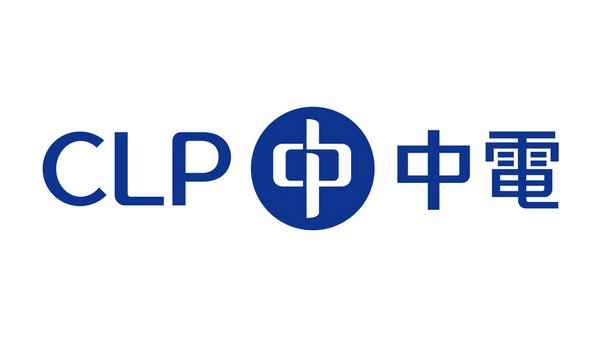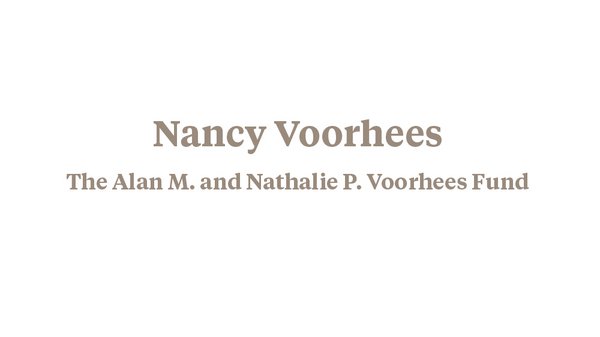-
Topics
backTopicsOur programs create spaces where open-minded leaders can gather for breakthrough conversations on pressing global issues – each aligned to one of the following pillars:
-
Events
backEventsExplore the variety of events Salzburg Global hosts within Austria and in the rest of the world. Learn more about our programs and what else happens at Schloss Leopoldskron.Upcoming EventsFeb 05 - Feb 07, 2026Peace & JusticeDisruption and Renewal: Charting the Future of the International Rule of Law, Democracy, and PluralismSalzburg Cutler Fellows Law ProgramApr 13 - Apr 18, 2026CultureCreating Futures: Rethinking Cultural Institutions, Infrastructure, and InvestmentCulture, Arts and Society
- Insights
-
Fellowship
backFellowshipSince 1947, more than 40,000 people from over 170 countries have participated in Salzburg Global's sessions. Collectively, these alumni are known as Salzburg Global Fellows.
-
About Us
backAbout UsSalzburg Global is an independent, non-profit organization committed to creating spaces that overcome barriers and open up a world of better possibilities.Our Approach
-
Support Us
backSupport UsYour generosity helps us gather open-minded leaders for breakthrough conversations, while creating space for dialogue that overcomes barriers and opens up a world of better possibilities.
- Donate
- Date
- Oct 28 - Oct 30, 2025
- Session no.
- S910-01
- Location
-
Schloss Leopoldskron, Salzburg, Austria
Share
Finance & Governance
Global Uncertainty & Volatility: Building Corporate Resilience in a Contested Future
Salzburg Global’s 2025 Corporate Governance Forum convened corporate board directors, C-suite executives, general counsels, risk managers, and policy advisors for high-level exploration of corporate board and committee functions in a fragmenting global trade environment.
Forum participants considered how businesses strategically address fragmentation in global trade, adapt to rapid technological disruption, and mitigate risks from rising populist economic policies. What actionable steps can boards take to fortify organizational resilience against: 1) regulatory volatility and escalating legal exposure, and 2) global erosion of the rule of law and its cascading uncertainties?
Revival of Great Power Politics
The stable consensus around globalization prior to the Great Financial Crisis (GFC)—anchored in free trade, multilateral institutions, and technocratic governance—has fractured under the weight of populist backlash in democratic nations, authoritarian consolidation in major economies, and systemic shocks like China’s domination of global manufacturing. The convergence of Great Power competition and institutional decay demands that boards embrace adaptive resilience—balancing corporate health with geopolitical foresight. To survive in this new era, MNCs are compelled to reimagine governance structures to withstand transactional statecraft, challenges to broadly accepted democratic norms and values, and ideological contestation.
Geopolitical risk management as a key to corporate resilience
Corporate boards are presented with a dizzying set of unpredictable challenges. Geopolitical risk and policy-driven legal peril must be treated as a key feature of a firm’s risk management framework alongside financial and operational risks. Board directors are required to rethink strategic assumptions and to develop resilience mechanisms for previously unlikely scenarios.
Geopolitical risk has shifted from peripheral concern to core boardroom priority, necessitating new tools and frameworks:
- Scenario Planning: Reimagine scenarios outside of the normal distribution of the bell curve in light of geopolitical competition. Evaluate board and management skills and knowledge needed to respond appropriately.
- Regulatory Agility: Develop proactive adaptation strategies to volatile policies, such as tariff surges and executive orders targeting tech and climate initiatives.
- Rule of Law Defenses: Envision tools to mitigate risks from eroding judicial independence and contract enforcement.
Date
Oct 28 - Oct 30, 2025
Session no.
S910-01
Location
Schloss Leopoldskron, Salzburg, Austria
Share
Key Questions
The forum addressed critical challenges through high-level discussion prompts and following the Chatham House Rule.
- What key opportunities and perils are presented by the shift in global economic structures (e.g., tariffs, AI, supply chains)? Which of these should command the most attention from boards?
- How can boards avoid reacting and develop resilience with preparation and foresight in a more volatile regulatory environment?
- What should companies worldwide do in the face of challenges to the rule of law and the role of lawyers and the judiciary in adjudicating disputes and enforcing civil and contract rights?
- How can boards reconcile conflicting missions, such as abandoning diversity and climate-related goals that are under attack by governments if they believe that those policies are in the long-term interest of the corporation?
- What corporate board structure – and division of decision-making between non-employee directors and management – fits the needs of the current environment?
- What are the characteristics of an ideal CEO in this context? What skills and knowledge does such a CEO need?
Program Fees
Program Fees
The program fee is 4,250 USD.*The fee includes program participation, meals, and accommodation at Schloss Leopoldskron. *2,250 USD for research academics and public sector employees upon confirmation of status. Limited grants to support next-generation board members are available for exemplary applicants.
Cancellation Fees:
In case of cancellation, a participant may transfer registration to another member of the participant's organization (city, department, firm, etc.) upon mutual agreement. Alternatively:
- Cancellation more than 60 days before the program: 100% refund
- Cancellation less than 60 days and more than 30 days before the event: 50% refund
- Cancellation less than 30 days but more than 14 days: 25% refund
- Cancellation less than 14 days: no refund




